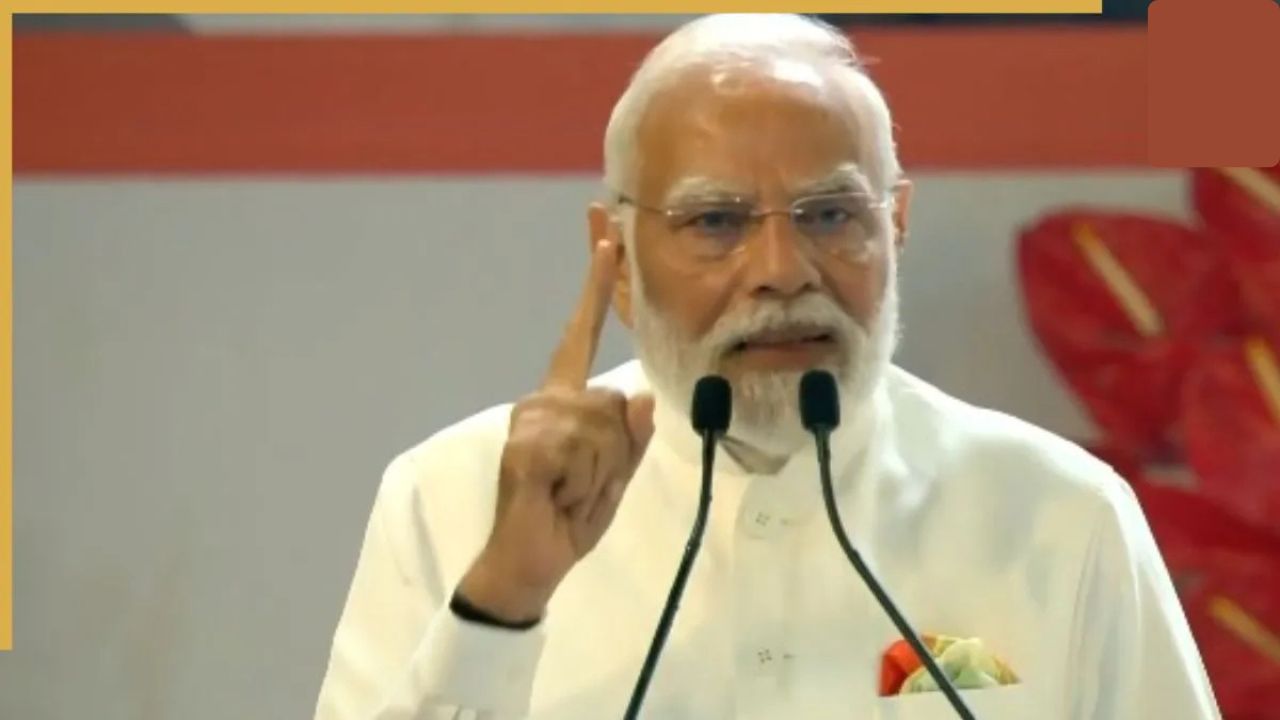As India marks 150 years of the iconic national song ‘Vande Mataram’, Prime Minister Narendra Modi paid a heartfelt tribute to the anthem, calling it a symbol of India’s resilience, unity, and eternal devotion to the motherland. The Prime Minister highlighted that the song, which has inspired generations of freedom fighters and patriots, continues to embody the emotion of “Bharat Maa” — the spirit of India itself.
The Legacy of ‘Vande Mataram’
Written by Bankim Chandra Chatterjee in 1875, Vande Mataram was later included in his celebrated novel Anandamath. The song played a crucial role in India’s freedom struggle, awakening a sense of nationalism and collective pride among Indians under colonial rule. Its powerful words — “Vande
Mataram” (I bow to thee, Mother) — became a rallying cry for unity and sacrifice during the independence movement.
Over time, Vande Mataram has transcended eras, remaining a timeless expression of India’s cultural strength and emotional unity. It was officially adopted as the national song of India in 1950, alongside the national anthem Jana Gana Mana.
PM Modi’s Tribute
Commemorating the milestone, Prime Minister Modi described Vande Mataram as more than just a song — a movement that unites hearts and minds across generations. He stated that it symbolizes India’s eternal journey of strength, faith, and patriotism, reflecting how the spirit of Bharat Maa continues to guide the nation through every challenge.
He further emphasized that the song is deeply embedded in India’s identity and that its message of devotion and unity continues to inspire millions to work toward the country’s progress and prosperity.
Cultural and Historical Significance
Throughout India’s history, Vande Mataram has inspired revolutionaries and reformers alike. It became the anthem of freedom marches, cultural renaissance, and artistic expressions of nationalism. Legendary leaders like Mahatma Gandhi, Subhas Chandra Bose, and Rabindranath Tagore often invoked the song as a reminder of the strength and unity of the Indian people.
In modern times, Vande Mataram continues to hold cultural significance, being performed in schools, national events, and global celebrations of Indian heritage. The song’s melody and words evoke pride, gratitude, and reverence for the land that nurtures its people.
A Call for Unity in Diversity
The 150-year celebration serves as a reminder of India’s diverse yet united identity. The song’s message — of love, respect, and service to the motherland — resonates with India’s core values of “Ek Bharat, Shreshtha Bharat” (One India, Great India).
By honoring Vande Mataram, the nation not only celebrates a piece of its history but also reaffirms its commitment to collective progress, peace, and patriotism.
Conclusion
As India celebrates 150 years of ‘Vande Mataram’, the song stands as a testament to the nation’s unbreakable spirit. It connects the sacrifices of the past with the aspirations of the future — reminding every Indian that the essence of the country lies in unity, resilience, and love for the motherland.
Source: News24online


